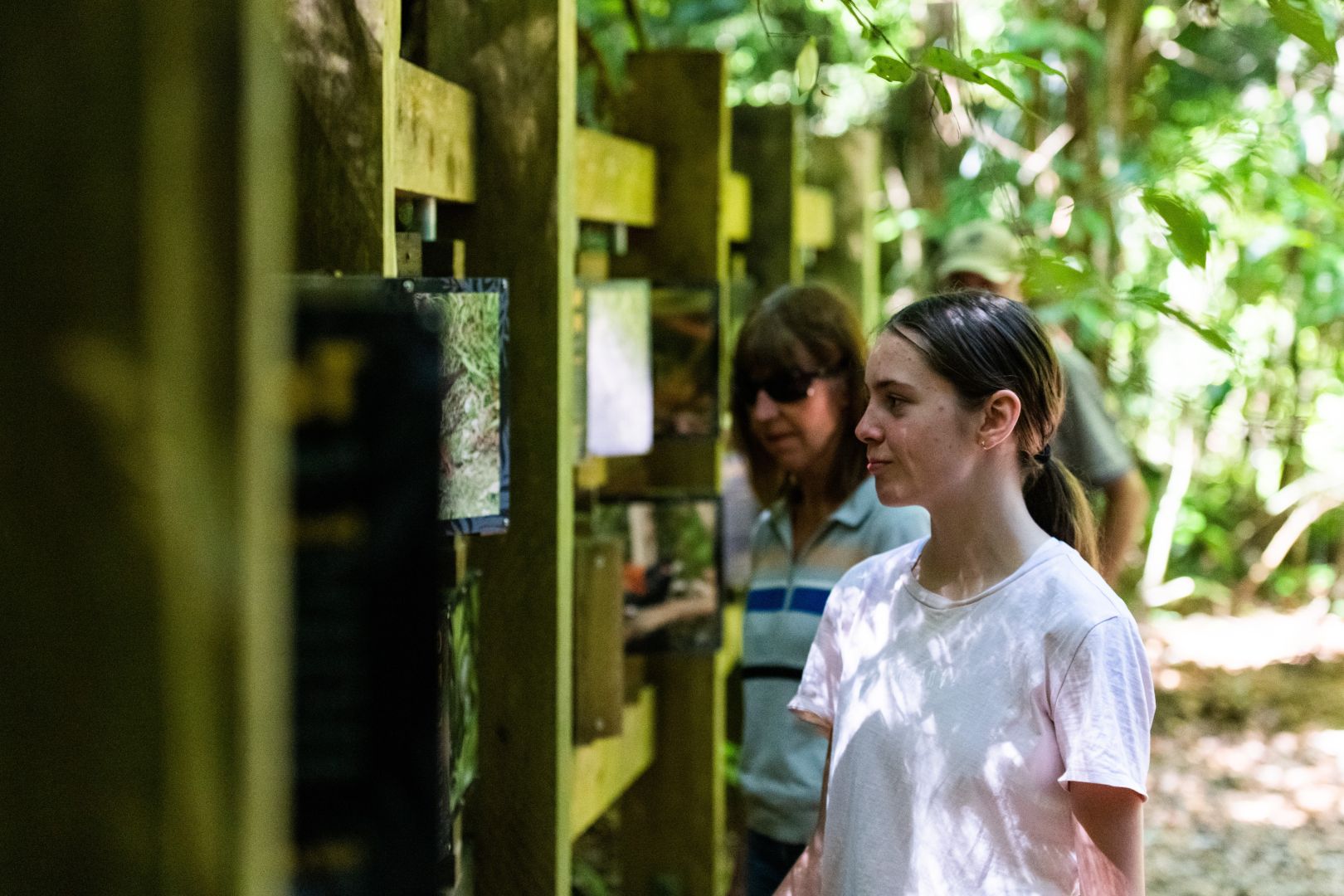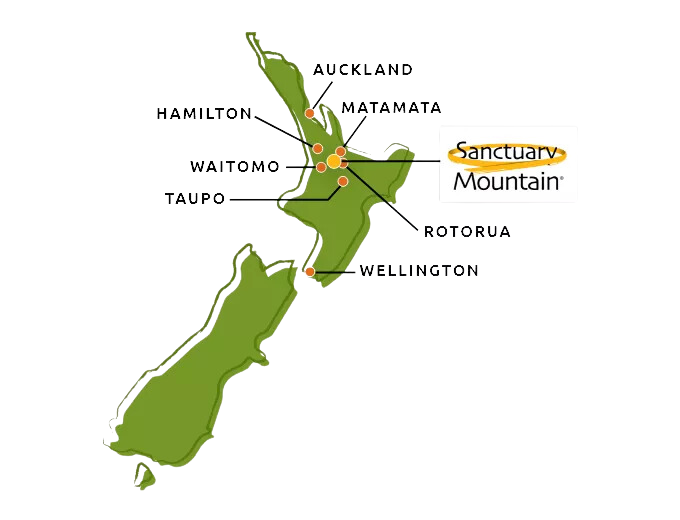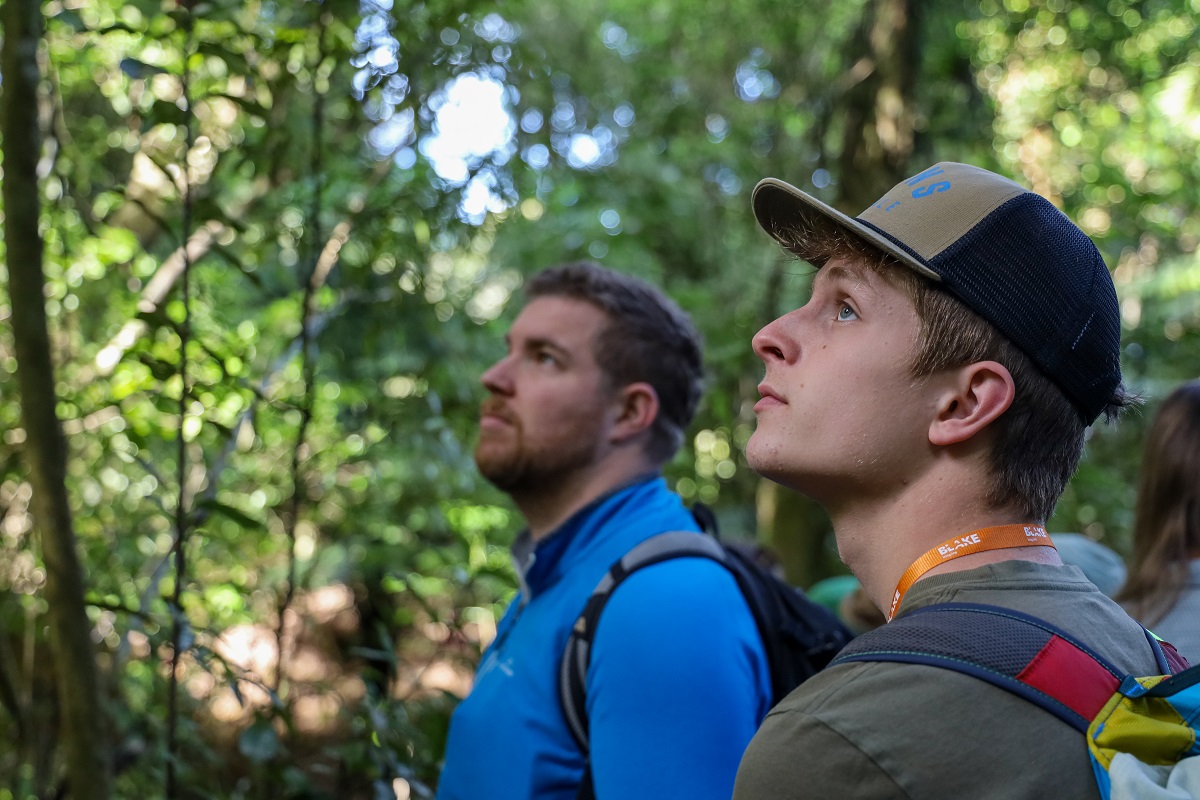Our News
We have lots to share with you on how various programmes and initiatives are tracking. One of our biggest challenges is ensuring that we are actively informing you of what's been happening on the mountain. The easiest way of checking out what we have been up to is by jumping into Instagram.
Art Auction - Mauri of the Maunga...
11th April 2024
Introducing the incredible artists contributing to the 2024 auction.
Read More
Book a tour
To get the best experience book a guided tour. Guides will give you a deeper appreciation of the sanctuary, it's history and it's future.







